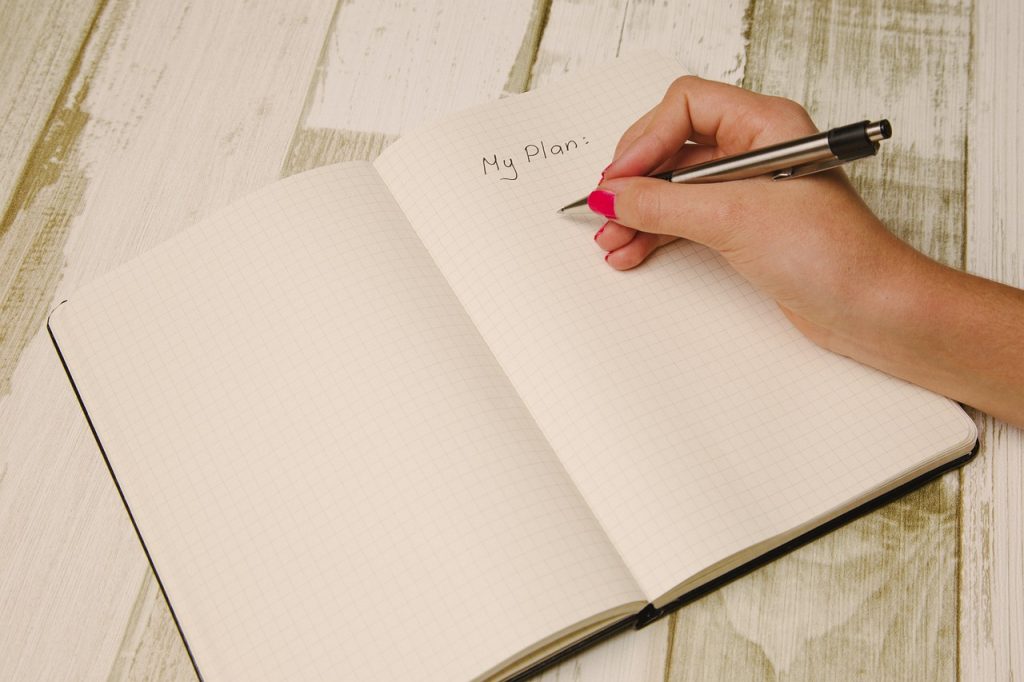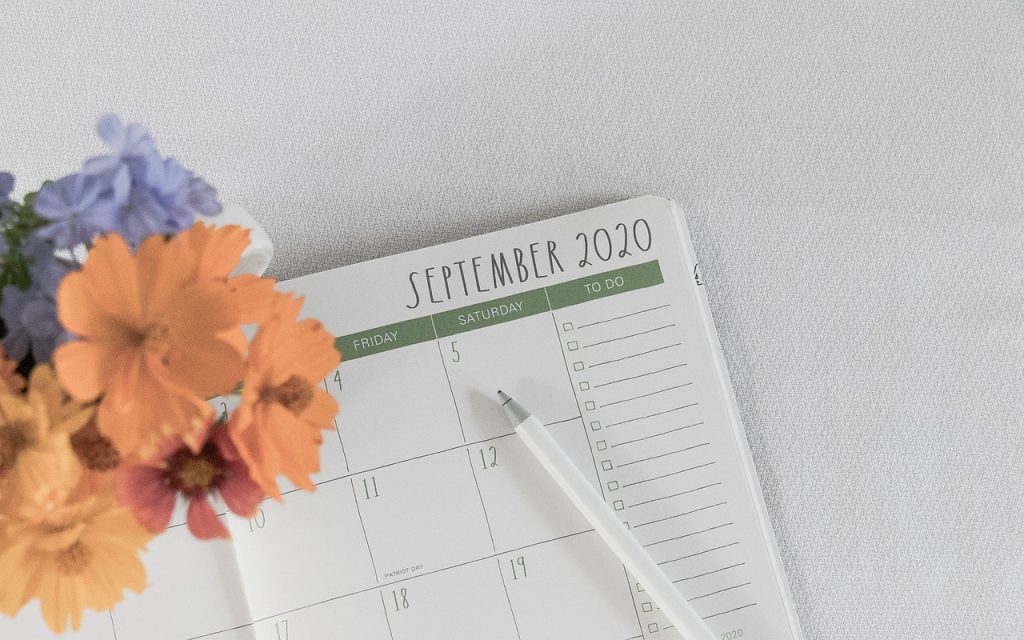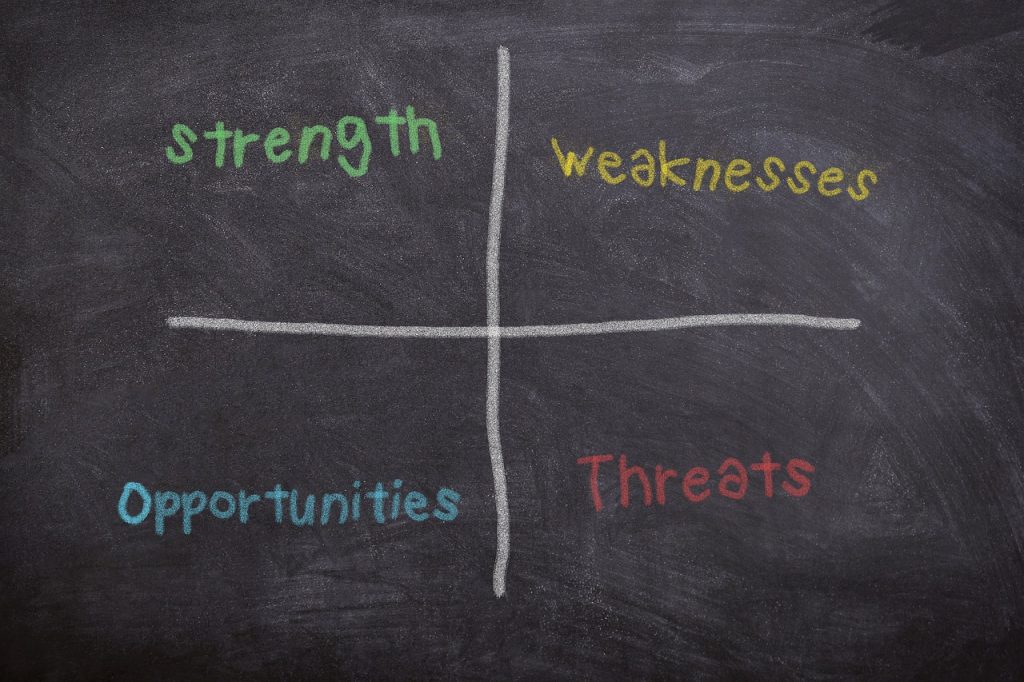Reflective journaling is more than a diary. It’s a powerful tool for growth and self-improvement. Write about your thoughts and experiences often. This will help you find patterns, learn from past mistakes, and make better choices in the future. It’s a simple practice that can lead to profound insights.

Most people aren’t aware of how much they can learn from their own experiences. Reflective journaling helps bridge that gap. It forces you to slow down and think critically about your actions and their outcomes. This process not only enhances self-awareness but also strengthens problem-solving skills.
In this post, you’ll learn how to start a reflective journaling practice. You’ll also learn what benefits to expect and get some tips to stay motivated. If you are new to journaling or want to deepen your practice, you’ll find valuable insights here. They will help you on your journey.
What is Reflective Journaling?
Reflective journaling is a practice. Individuals write down their thoughts, experiences, and emotions. They do this to understand and learn from them. This tool is powerful. It helps you explore your inner world and make sense of your actions and reactions.
Definition of Reflective Journaling
Reflective journaling is the process of writing about personal experiences, thoughts, and feelings. It’s more than telling events. It involves analyzing and interpreting them to gain deeper insights. It helps people see, know, and learn from their past.
Purpose of Reflective Journaling
The main goals of reflective journaling revolve around personal growth and learning.
- Self-Understanding: It helps you understand your feelings, patterns, and behaviors.
- Learning from Experiences: By reflecting, you can learn valuable lessons from past events.
- Emotional Healing. It provides a safe space to deal with emotions. You can also find meaning in tough experiences.
For more details, you can visit this site.
Benefits of Reflective Journaling
Reflective journaling comes with many benefits that contribute to well-being.
- Increased Self-Awareness. By writing about your experiences often. You become more aware of your thoughts and actions.
- Better Problem-Solving Skills. Studying past actions helps you find better solutions. They are for current problems.
- Emotional Healing. Thinking about your feelings can be therapeutic. It helps to process emotions and heal from past traumas.
For an in-depth look at the benefits, check out this article.

How to Start a Reflective Journal
Starting a reflective journal can be a rewarding and illuminating practice. It involves looking closely at your thoughts, emotions, and experiences. This lets you learn from them and grow. Here’s how you can get started.
Choosing Your Medium
Picking the right medium for your reflective journal is crucial. It ensures consistency and comfort. Here are some options to consider:
- Notebook. A traditional notebook offers a tactile experience. You can doodle or draw in it alongside your writings. It’s perfect for those who enjoy the physical act of writing.
- Digital Apps: Apps like Day One or Journey provide convenience and accessibility. They allow you to journal on the go, with options to add photos, tags, and even voice recordings.
- Online Platforms: Websites like Penzu or 750words.com offer secure and private journaling. They have prompts and tools.
Choosing the right medium depends on your lifestyle and preferences. If you love the feel of pen and paper, go for a notebook. If you’re tech-savvy and need something you can access anywhere, a digital app might be best. For more details on choosing your medium, check out this site.

Setting a Routine
Establishing a regular journaling routine is key to making reflective journaling a habit. Here are some tips to help you get started:
- Pick a Time: Determine a specific time each day for journaling. Whether it’s first thing in the morning or before bed, consistency is crucial.
- Start Small: Begin with just a few minutes each day to make it manageable. As writing becomes a habit, you can gradually increase the time.
- Create a Ritual: Make journaling a part of a larger routine. Pair it with a cup of tea, light a candle, or find a quiet spot where you won’t be disturbed.
Setting a routine takes time and patience. But, with dedication, it will become a natural part of your day. For more information on creating a routine, visit this guide.
Prompts and Questions
Sometimes, finding the right words to start your reflective journaling can be challenging. Here are some prompts and questions to kickstart your thoughts:
- What was the highlight of my day, and why?
- What challenges did I face today, and how did I overcome them?
- What is something I learned about myself recently?
- How do I feel right now, and what might be causing these emotions?
- Who made a positive impact on my life today, and how?
Using prompts can help guide your reflection. They make it easier to dive deep into your thoughts and feelings. For more prompts, consider reading these ideas.
Reflective journaling is a personal and enriching practice. You can unlock deep insights into your life and experiences. Do this by picking the right medium. Set a regular routine and use prompts to guide your writing.
Techniques for Effective Reflective Journaling
Reflective journaling helps you make sense of your thoughts, experiences, and emotions. By employing proven techniques, you can enhance the effectiveness of your journaling practice. Here’s how you can take your reflective journaling to the next level:

The Reflective Cycle: Gibbs’ Reflective Cycle
Gibbs’ Reflective Cycle is a model that guides you through a process of reflection. It consists of six stages:
- Description: What happened?
- Feelings: What were you thinking and feeling?
- Evaluation: What was good and bad about the experience?
- Analysis: What sense can you make of the situation?
- Conclusion: What else could you have done?
- Action Plan: If it arose again, what would you do?
Organize your experiences by following these systematic stages. This cycle lets you dig deeper into your thoughts and feelings. It offers a structured way to reflect. Learn more about Gibbs’ Reflective Cycle to enhance your journaling practice.

SWOT Analysis: Using SWOT in Reflective Journaling
SWOT analysis isn’t just for businesses. It’s also a great tool for personal reflection. This method helps you check your Strengths, Weaknesses, Opportunities, and Threats. Here’s how to apply it:
- Strengths: Identify what you did well.
- Weaknesses: Pinpoint areas needing improvement.
- Opportunities: Recognize any opportunities you missed.
- Threats: Determine external challenges that impacted you.
By categorizing your thoughts into these four areas, you gain a balanced perspective. It’s a great way to assess situations fully. It also helps plan for future improvements. Check out this guide. It explains how to use SWOT analysis for personal reflection. It will deepen your understanding.
Mind Mapping: Using Mind Maps to Organize Thoughts
Mind mapping helps you organize your thoughts visually. It makes it easier to see connections and patterns. Here’s how to create a mind map for reflective journaling:
- Start with a Central Idea: This could be a recent experience or a particular emotion.
- Draw Branches: Connect related thoughts, questions, and feelings to the central idea.
- Further Divide: Break down broad categories into more specific subcategories.
This technique is especially helpful for visual learners. It turns abstract thoughts into something concrete. It lets you see the big picture and tiny details at the same time. For more about mind mapping, explore this resource on mind maps for self-reflection.
Using these techniques can make your reflective journaling more structured and insightful. You may prefer the systematic Gibbs’ cycle, the analytical SWOT, or the visual mind mapping. There’s a method that will improve your journaling.
Reflective journaling is a simple but powerful tool for personal growth. By looking back at your experiences, you gain valuable insights. These insights can guide your future actions. This practice boosts self-awareness. It helps you learn from past mistakes and improves problem-solving.
No matter if you’re new to journaling or a seasoned writer. Now is the best time to start or deepen your reflective journaling journey. Choose a medium that suits you, set a regular routine, and use prompts to guide your writing. Begin today, and uncover the lessons your experiences offer.
I would love to hear your experiences about journaling. Drop a comment or email me at [email protected]